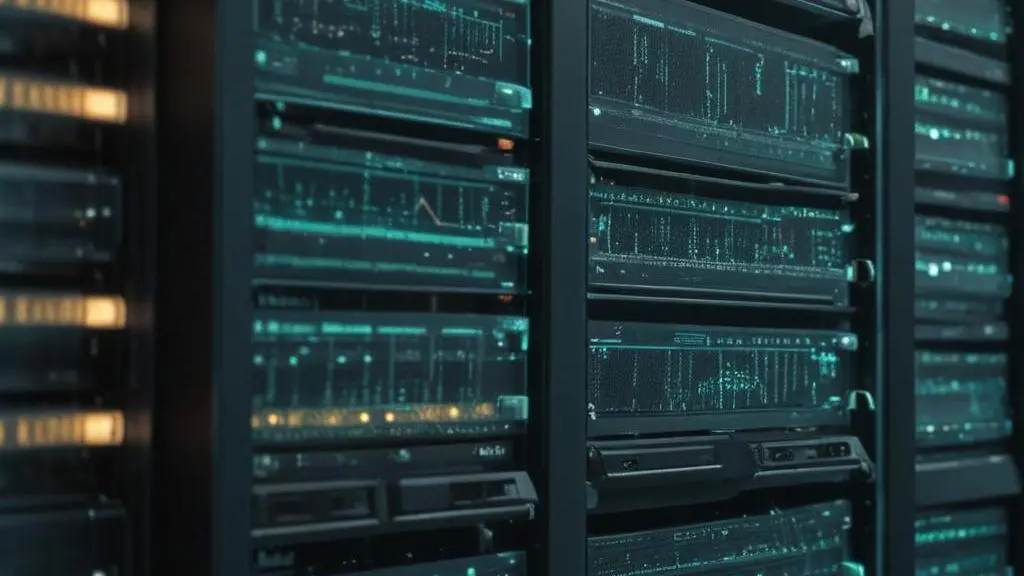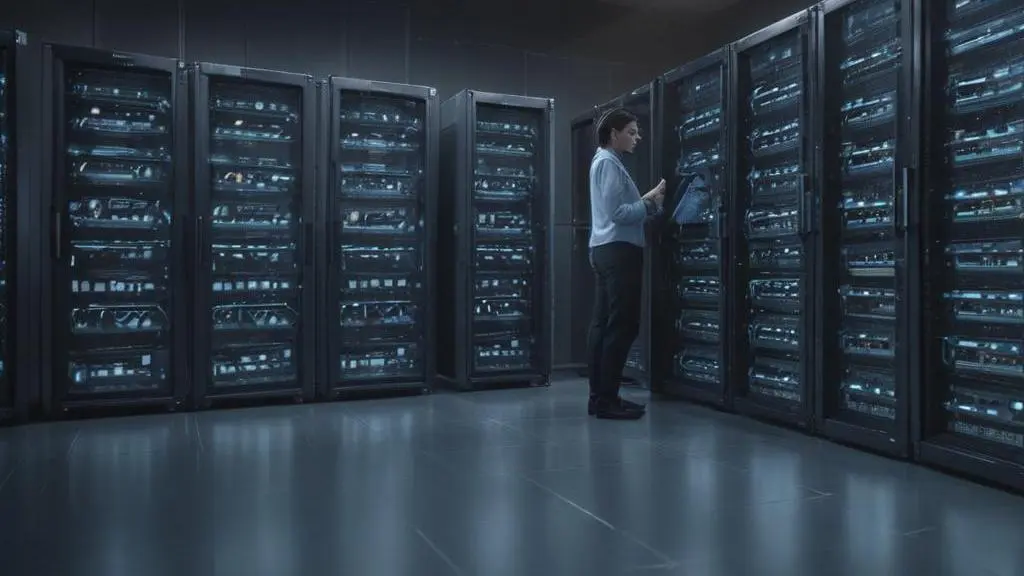Decentralized data is revolutionizing how information is stored, shared, and secured. This paradigm shift promises enhanced security, transparency, and control over data. Exploring its benefits, challenges, and real-world applications can provide valuable insights.
Understanding Decentralized Data
Decentralized data refers to the distribution of information across multiple nodes or devices rather than a single centralized server. This approach leverages technologies like blockchain to ensure data integrity and security. By eliminating a single point of failure, decentralized data systems offer enhanced resilience and reliability.
In a decentralized network, each node holds a copy of the data, ensuring that even if one node fails, the data remains accessible. This redundancy is crucial for maintaining data availability and preventing data loss.
The decentralized model ensures that data is not controlled by a single entity. Instead, it is managed collectively by all participants in the network. This democratization of data control is particularly beneficial in scenarios where trust and transparency are essential. For instance, in financial systems, decentralized data can mitigate risks associated with central points of control, which are often targets for cybersecurity threats.
Furthermore, decentralized data systems often incorporate advanced cryptographic techniques. These methods ensure that data is encrypted both during transmission and storage. This encryption adds an extra layer of security, making it difficult for unauthorized parties to access or tamper with the data. Such robust security measures are vital in today’s digital landscape, where data breaches and cyber-attacks are prevalent. The encryption protocols used in decentralized systems align with best practices in cybersecurity fundamentals.
Benefits of Decentralized Data
One of the primary advantages of decentralized data is enhanced security. Since data is distributed across multiple nodes, it becomes much harder for malicious actors to compromise the entire system. Additionally, decentralized data systems often employ advanced encryption techniques to protect data during transmission and storage. This robust security framework significantly reduces the risk of data breaches and ensures that critical information remains secure. For more insights into cybersecurity best practices, visit this guide.
Another significant benefit is transparency. In a decentralized network, all transactions and data changes are recorded on a public ledger, making it easy to track and verify data authenticity. This transparency is particularly valuable in industries where trust and accountability are paramount, such as finance and healthcare. The immutable nature of the ledger ensures that data tampering is nearly impossible, thereby enhancing trust among participants. This level of transparency also aids in vulnerability assessment, as any discrepancies can be quickly identified and addressed.
Challenges and Solutions
Despite its advantages, decentralized data also presents several challenges. One of the main concerns is scalability. As the network grows, managing and synchronizing data across all nodes can become complex and resource-intensive. However, advancements in cloud infrastructure configuration and management can help mitigate these issues.
Another challenge is interoperability. Ensuring that different decentralized systems can communicate and exchange data seamlessly is crucial for widespread adoption. Solutions like standardized protocols and APIs can facilitate better interoperability. Additionally, vulnerability assessment plays a critical role in maintaining the security of decentralized networks. Regular assessments can identify and mitigate potential security risks, ensuring the robustness of the system. For more insights, refer to vulnerability assessment.
Real-World Applications
Decentralized data has numerous real-world applications. In the financial sector, it can be used to create secure and transparent payment systems. Blockchain technology, for instance, allows for transparent and immutable records of transactions, reducing the risk of fraud. Smart contracts can automate processes, ensuring that financial agreements are executed accurately and efficiently.
In healthcare, decentralized data can enhance patient data privacy and security. By distributing patient records across a network, rather than storing them in a central database, the risk of data breaches is significantly reduced. This approach also ensures that patients have control over their data, deciding who can access it and under what conditions. This aligns with the principles of cybersecurity best practices, emphasizing data integrity and confidentiality.
Additionally, decentralized data can be applied in supply chain management to improve traceability and reduce fraud. Each step in the supply chain can be recorded on a decentralized ledger, providing a transparent and verifiable history of the product’s journey from origin to consumer. This transparency can help identify and mitigate issues such as counterfeit goods and unethical practices.
By integrating decentralized data solutions with existing systems, organizations can achieve greater efficiency and security. Solutions like web hosting, DNS management, and cloud infrastructure configuration are essential for seamless adoption. Organizations can also benefit from vulnerability assessments and digital security audits to ensure the robustness of their decentralized systems.
Final words
Decentralized data offers a robust solution for enhancing data security and transparency. While challenges exist, the benefits far outweigh the costs. By leveraging managed cloud services and digital security audits, organizations can effectively integrate decentralized data solutions. For expert assistance in web design, web hosting, DNS management, cloud infrastructure configuration and management, vulnerability assessment, digital security audit and managed cloud services at a low price, contact us today.












Leave a Reply